Epoxy is a type of adhesive or resin that is used in a variety of applications, from industrial to household use. It is known for its strong bonding properties and resistance to water and chemicals. In this article, we will explore what epoxy is, how it works, and what you need to know about using it.

When was Epoxy invented?
Originally used for dental fixtures, epoxy was created in the 1930s by two scientists, Dr. Pierre Castan in Switzerland and Dr. Sylvan Greenlee in the United States. The first types of epoxies were amber-coloured solids but soon became widely available as adhesives.
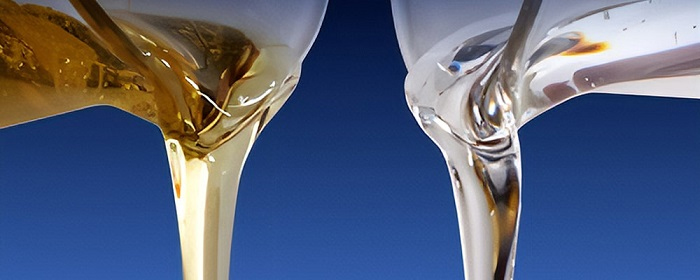
What is Epoxy?
Epoxy is a two-part adhesive system that consists of a resin and a hardener. When these two components are mixed together, they chemically react and create a strong, durable bond. Epoxy is known for its ability to bond to a wide range of surfaces, including metal, glass, ceramics, wood, and plastic.
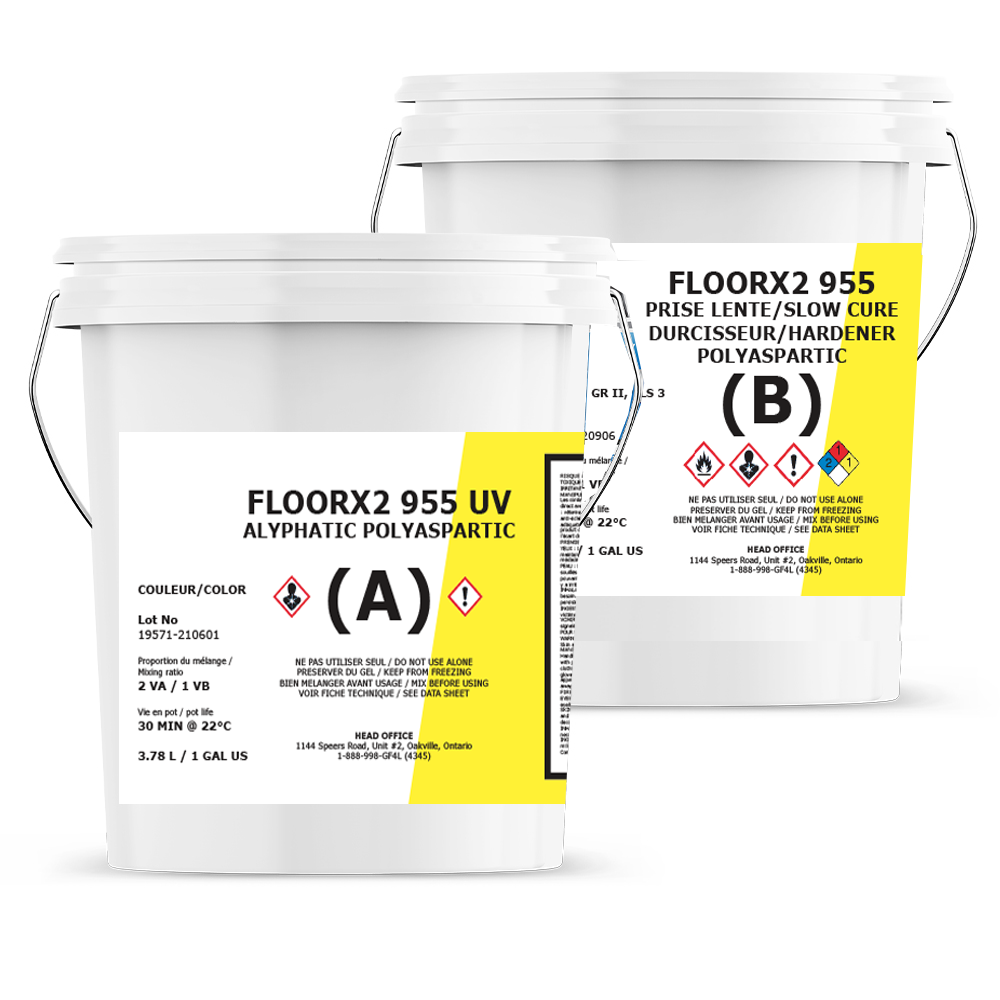
How Does Epoxy Work?
Epoxy works by creating a strong chemical bond between the two surfaces it is applied to. The resin and hardener are mixed together in a specific ratio, typically 1:1, and then applied to the surfaces to be bonded. The mixture then cures over time, creating a hard, durable bond that can withstand a variety of stresses.

What are the Benefits of Epoxy?
Epoxy offers several benefits over other types of adhesives. Here are a few of the most notable:
- Strong Bonding Properties: Epoxy is known for its ability to create strong, long-lasting bonds between a variety of surfaces.
- Water and Chemical Resistance: Epoxy is highly resistant to water and many chemicals, making it ideal for use in applications where these factors may be present.
- Versatility: Epoxy can be used on a wide range of surfaces, making it a versatile adhesive solution.
- Durability: Epoxy bonds are known for their durability and ability to withstand stress and pressure.
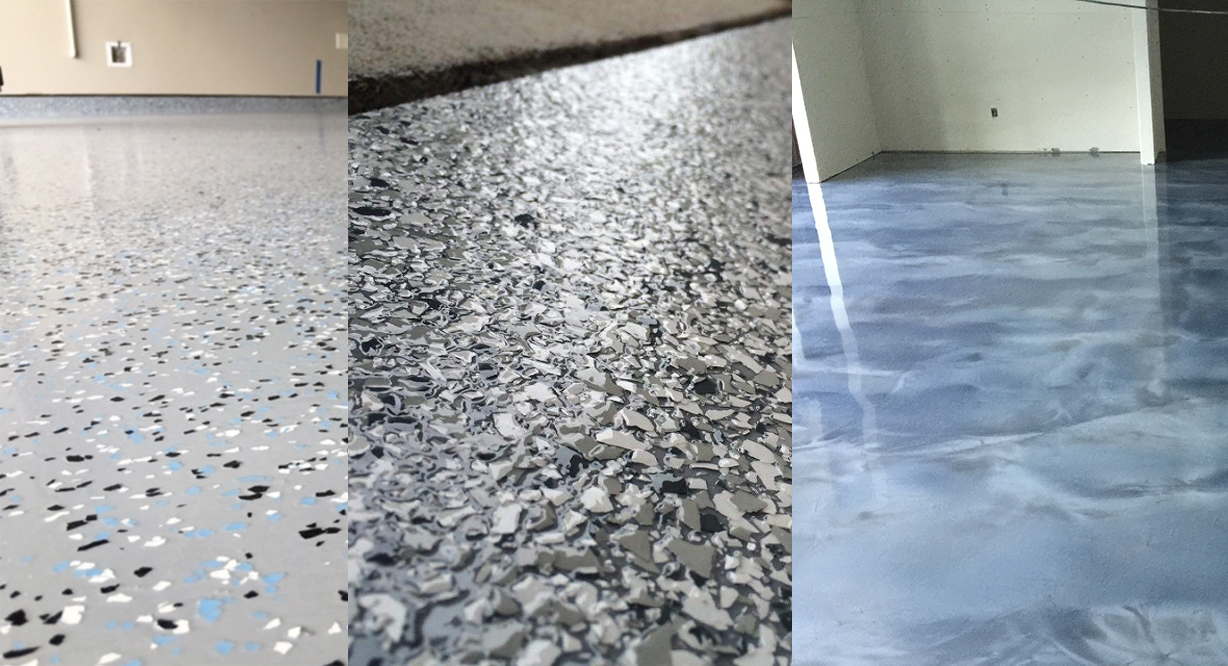
What are the Different Types of Epoxy?
There are several different types of epoxy available, each designed for specific applications. Here are a few of the most common types:
- General Purpose Epoxy: This type of epoxy is designed for general use and can be used on a wide range of surfaces like your concrete garage floor, front porch and steps or concrete patio.
- Structural Epoxy: Structural epoxy is designed to create a strong bond between two surfaces, making it ideal for use in applications where structural integrity is important.
- Marine Epoxy: Marine epoxy is designed to be highly resistant to water and other marine elements, making it ideal for use in boat repair and other marine applications.
- High-Temperature Epoxy: High-temperature epoxy is designed to withstand high temperatures and is ideal for use in applications where heat resistance is required.
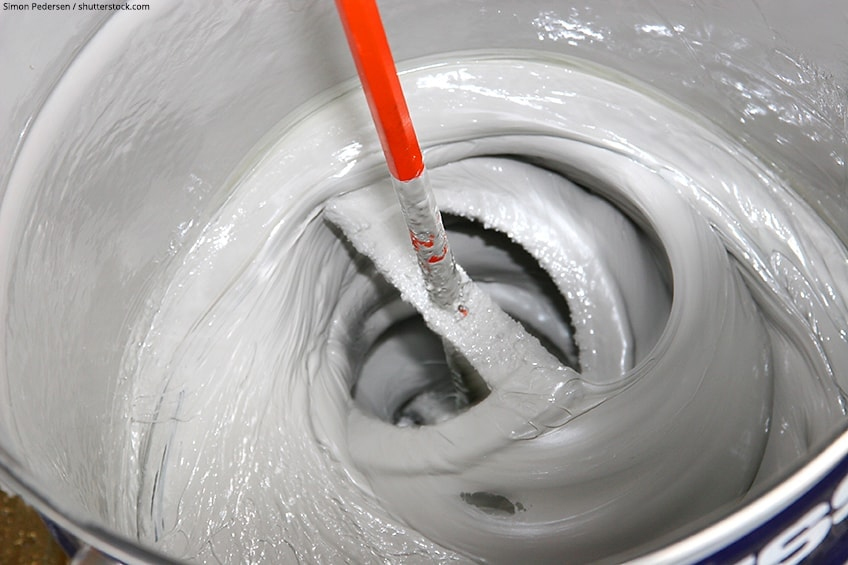
What Do You Need to Know About Using Epoxy?
Here are a few tips to keep in mind when using epoxy:
- Always follow the manufacturer’s instructions carefully, including mixing ratios and curing times.
- Ensure that the surfaces to be bonded are clean and free from dirt, dust, and other contaminants.
- Wear gloves and eye protection when working with epoxy, as it can be irritating to the skin and eyes.
- Use epoxy in a well-ventilated area to avoid inhaling fumes.
In conclusion, epoxy is a versatile adhesive that can be used in a wide range of applications. Whether you’re applying on concrete floors, wood, or steel, epoxy offers strong bonding properties, water and chemical resistance, and durability. By following the manufacturer’s instructions and taking the necessary safety precautions, you can use epoxy with confidence to create long-lasting bonds in your next project. If you would like to hire a trusted epoxy expert, call your local Garage Floors 4 Less location.

MARC DESGROSEILLIERS
Founder & CEO
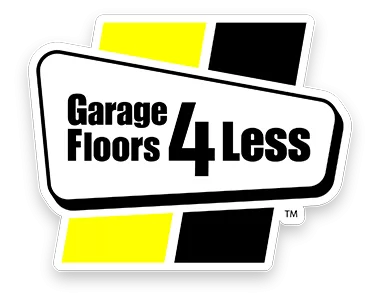
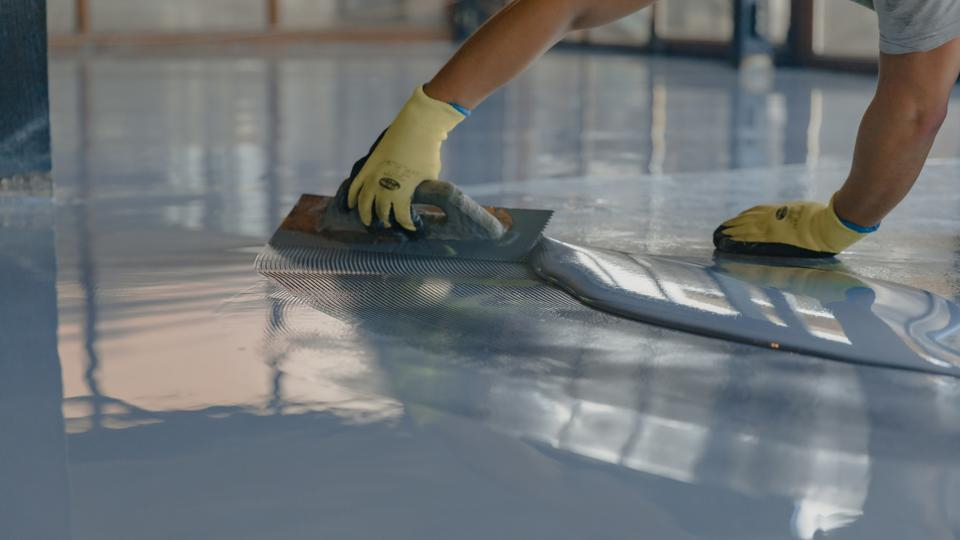

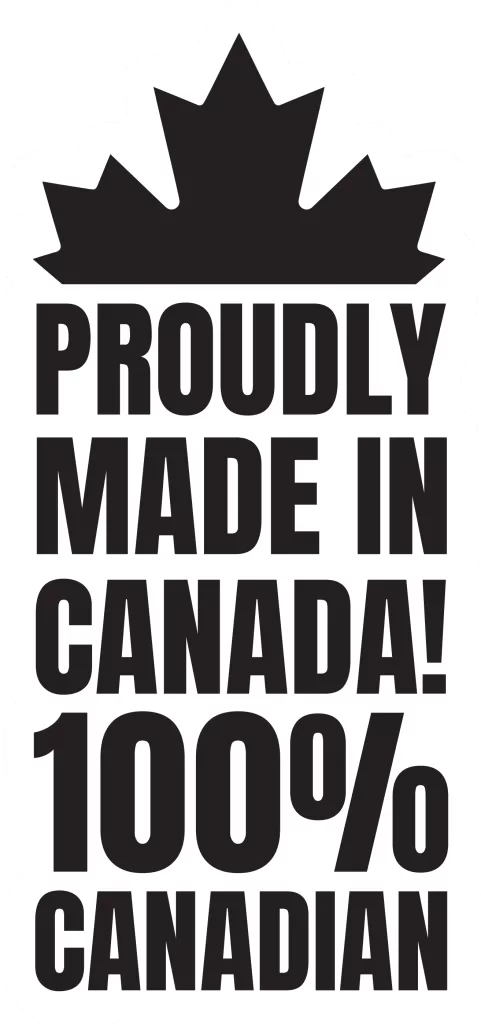
Recent Comments